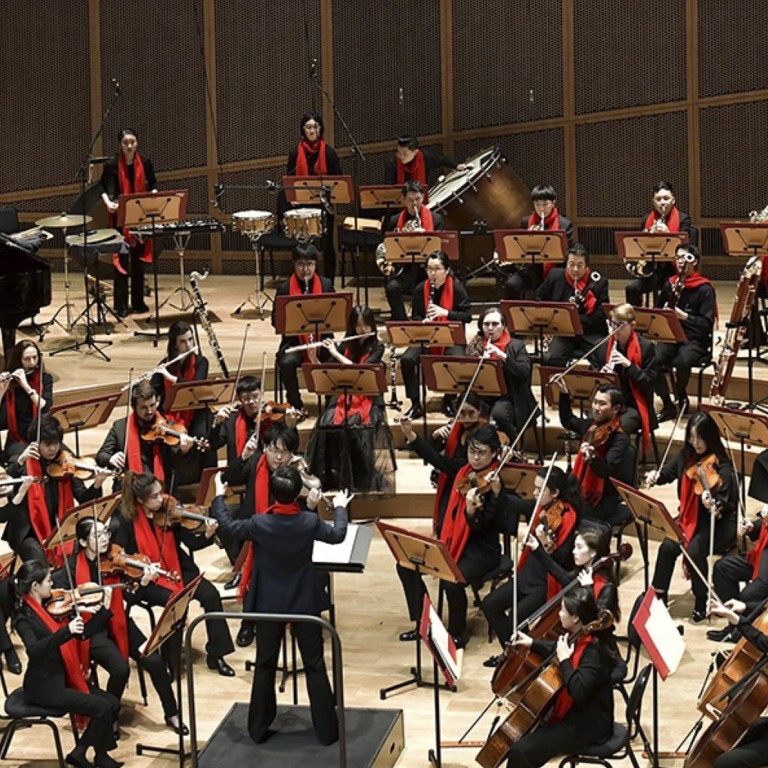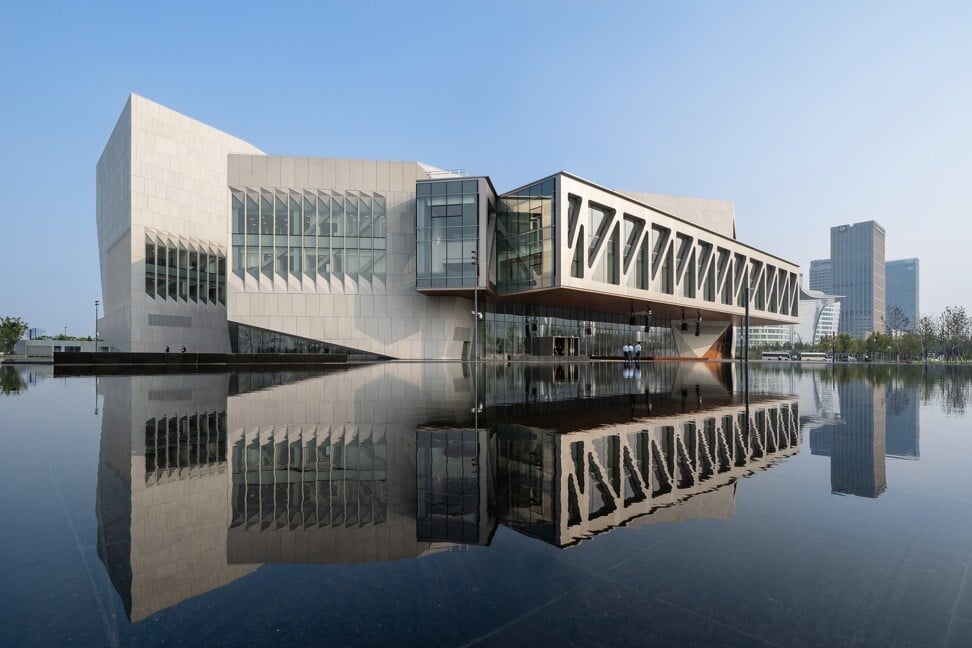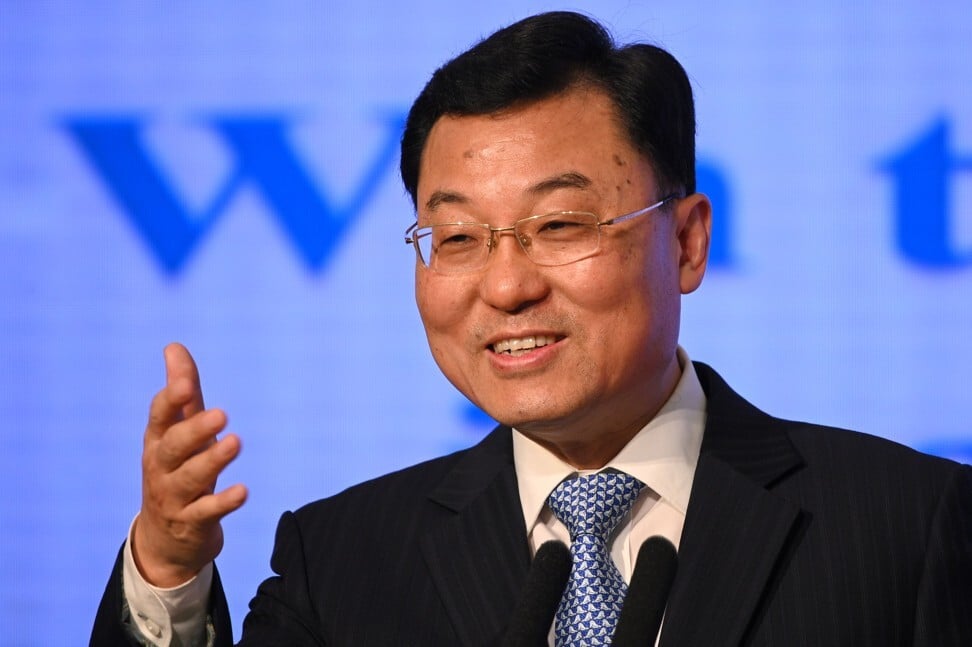
‘Music diplomacy’ hopes for US-China harmony voiced at launch of Juilliard School campus in Tianjin
- Outpost of famed New York performing arts conservatory started operating last year but recent inauguration praises US-China cultural exchange
- While potential for dialogue is praised by observers, there is concern about China’s recent crackdowns on public entertainers
The institution in the northern Chinese city of Tianjin is the first to offer US-accredited music degrees in mainland China and has been operating since October last year. Its campus was officially inaugurated last week.

“[The school] can serve as a link that protects and strengthens China-US relations,” Xie was quoted as saying in a Chinese foreign ministry statement.
“Following ping pong diplomacy, music diplomacy can be used to help the cultural exchange between China and the US return to normal.”
US tutors lament loss of cultural exchange amid China’s education crackdown
China has banned entry to most international students since the start of the pandemic but the Tianjin Juilliard School was able to bring in all its international graduate students in 2020, the institution’s executive director and chief executive, Alexander Brose, previously told the South China Morning Post.

The school, along with New York University Shanghai, were the only two schools in China whose international students could enter the country last year, according to Brose.
Arturo Irisarri Izquierdo, a doctoral candidate at Baptist University specialising in the development of the Chinese piano concerto, said music had a long history of easing dialogue between China and the US.
Perhaps the best-known case was that of the Philadelphia Orchestra, which first visited China in 1973 at then-premier Zhou Enlai’s invitation, and performed not only works by Western composers such as Beethoven, but also the Yellow River Piano Concerto, Irisarri said.
The revolutionary-themed concerto by Chinese composers was first directed by Jiang Qing, Mao’s last wife and a leading political figure during the Cultural Revolution.
Irisarri said that with political discourse increasingly taking on a confrontational dynamic, music could provide a great means to foster dialogue, by offering a space where Chinese and Western musicians could work together for a common goal and engage their audiences in the musical process.
“I would like to interpret Peng Liyuan and Xie Feng’s support of musical diplomacy as an encouragement to work on a dynamic of greater integration and collaboration,” Irisarri said.
Richard Broinowski, a violinist and former Australian diplomat, said music exchanges between China and the West – especially with the US and Australia – had taken a hit because of the pandemic and political tensions.
“We have so many anti-Chinese propagandists in Australia that it’s becoming difficult to continue to perform. A Chinese orchestra, or soloist, would not be welcome in Australia right now,” Broinowski said.
He said the Chinese foreign ministry expressing support for the Tianjin Juilliard School was positive and he hoped the diplomatic sentiment would continue to support these exchanges.
Chinese singer sees concert cancelled for drug use from 5 years ago
“The leadership is becoming highly moralistic, aren’t they? The man has a right to his private life,” Broinowski said.
Sex work is illegal in China, and solicitation can be punished with detention up to 15 days and a fine of up to 5,000 yuan (US$780).

